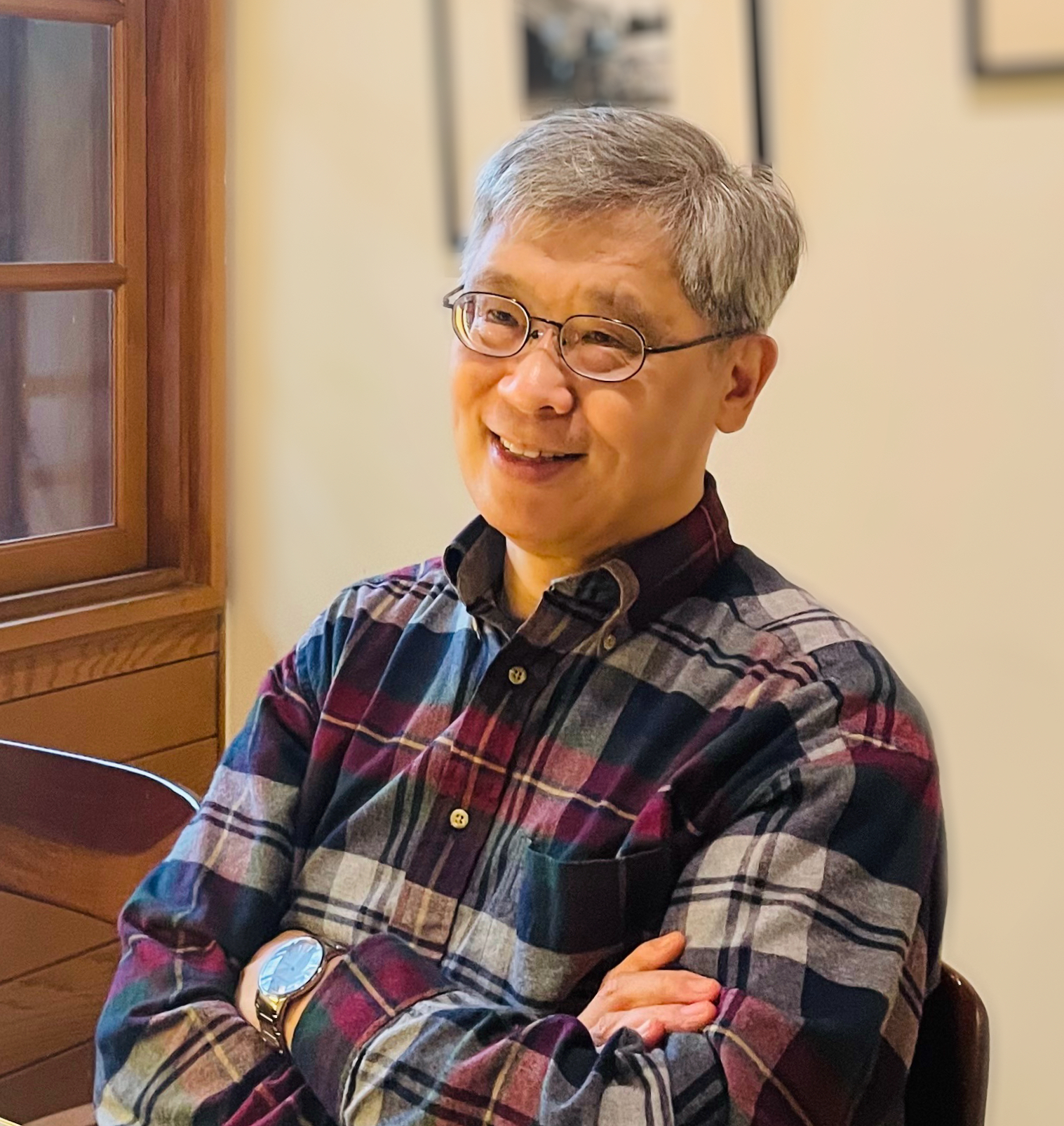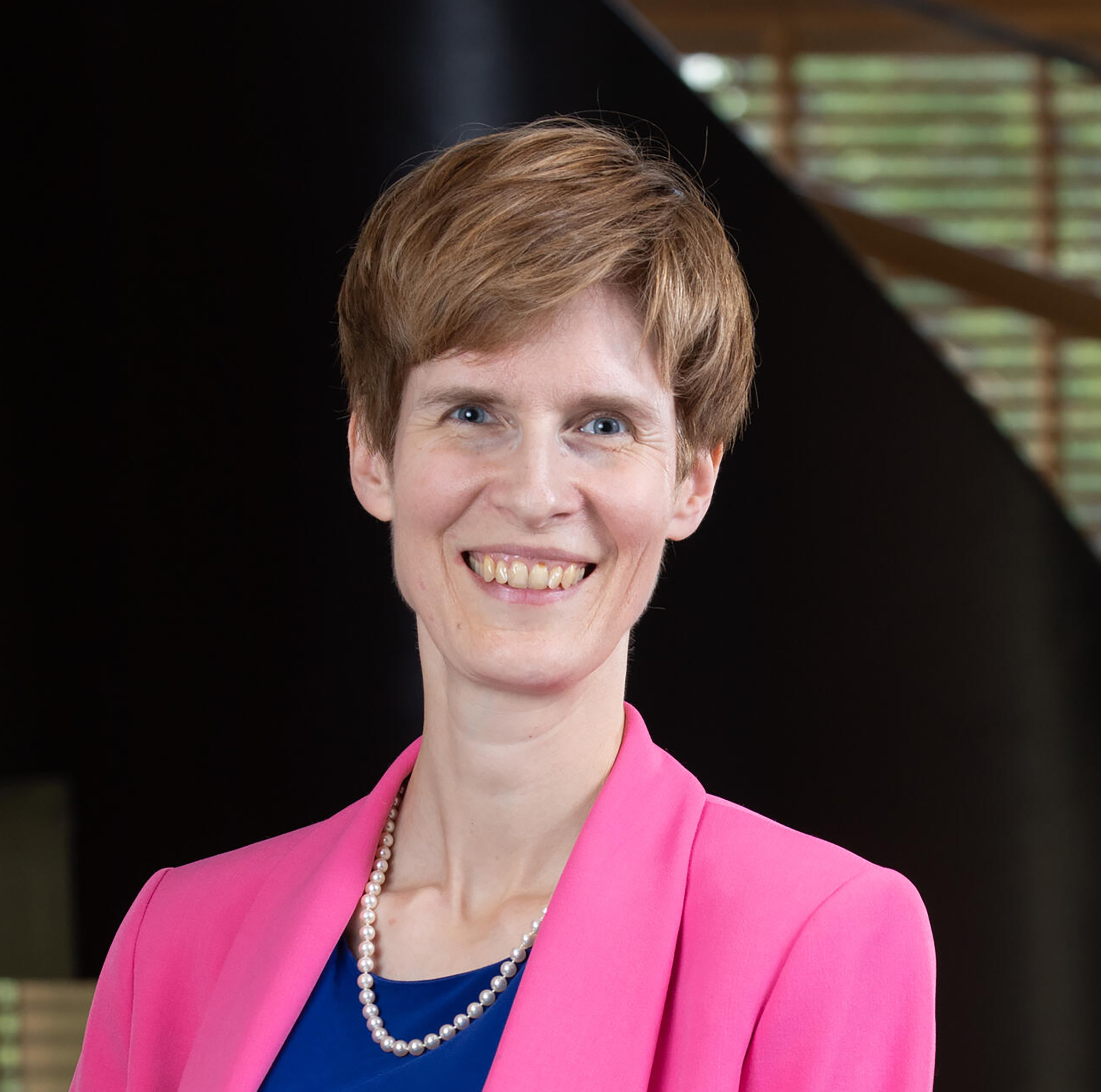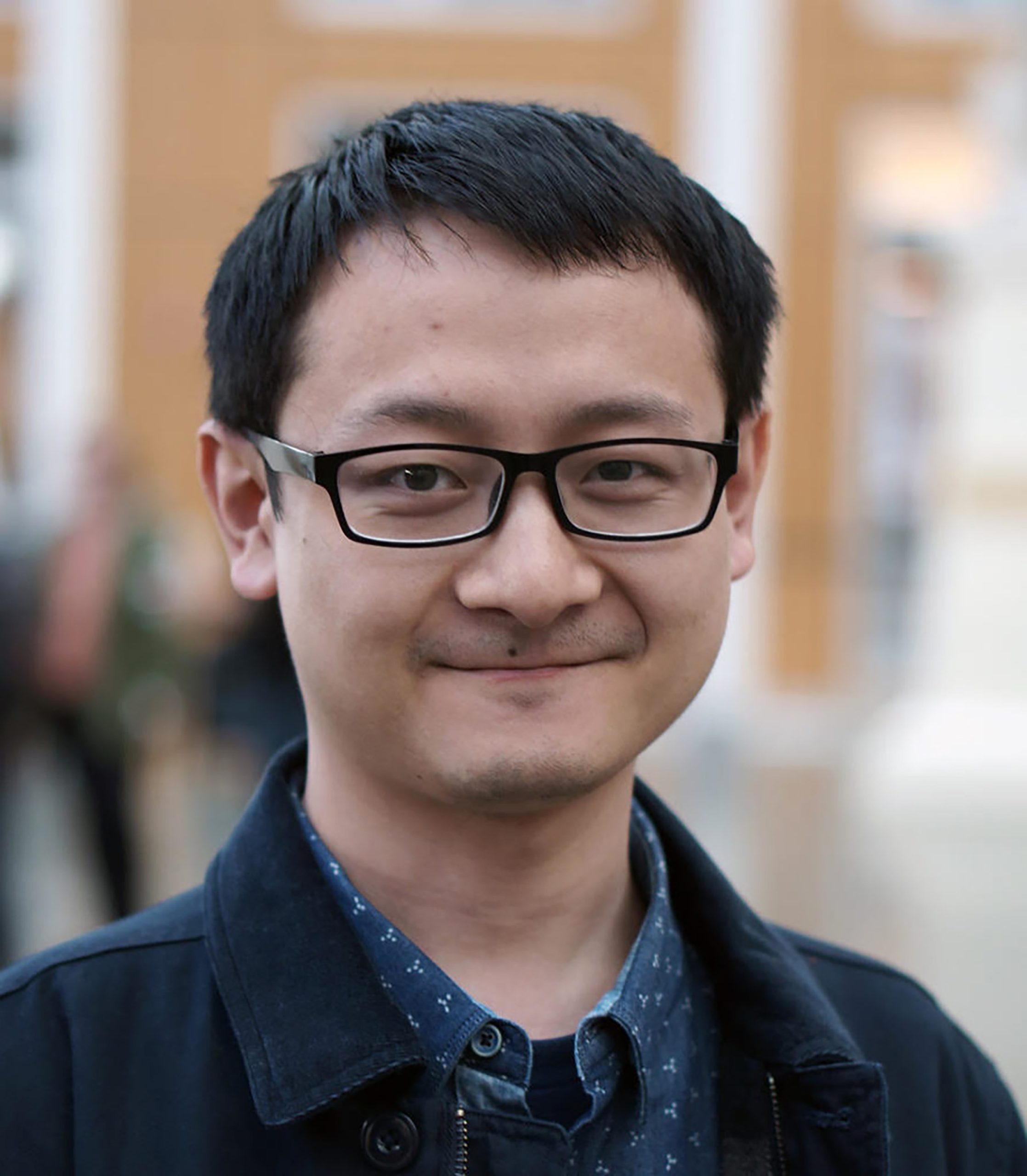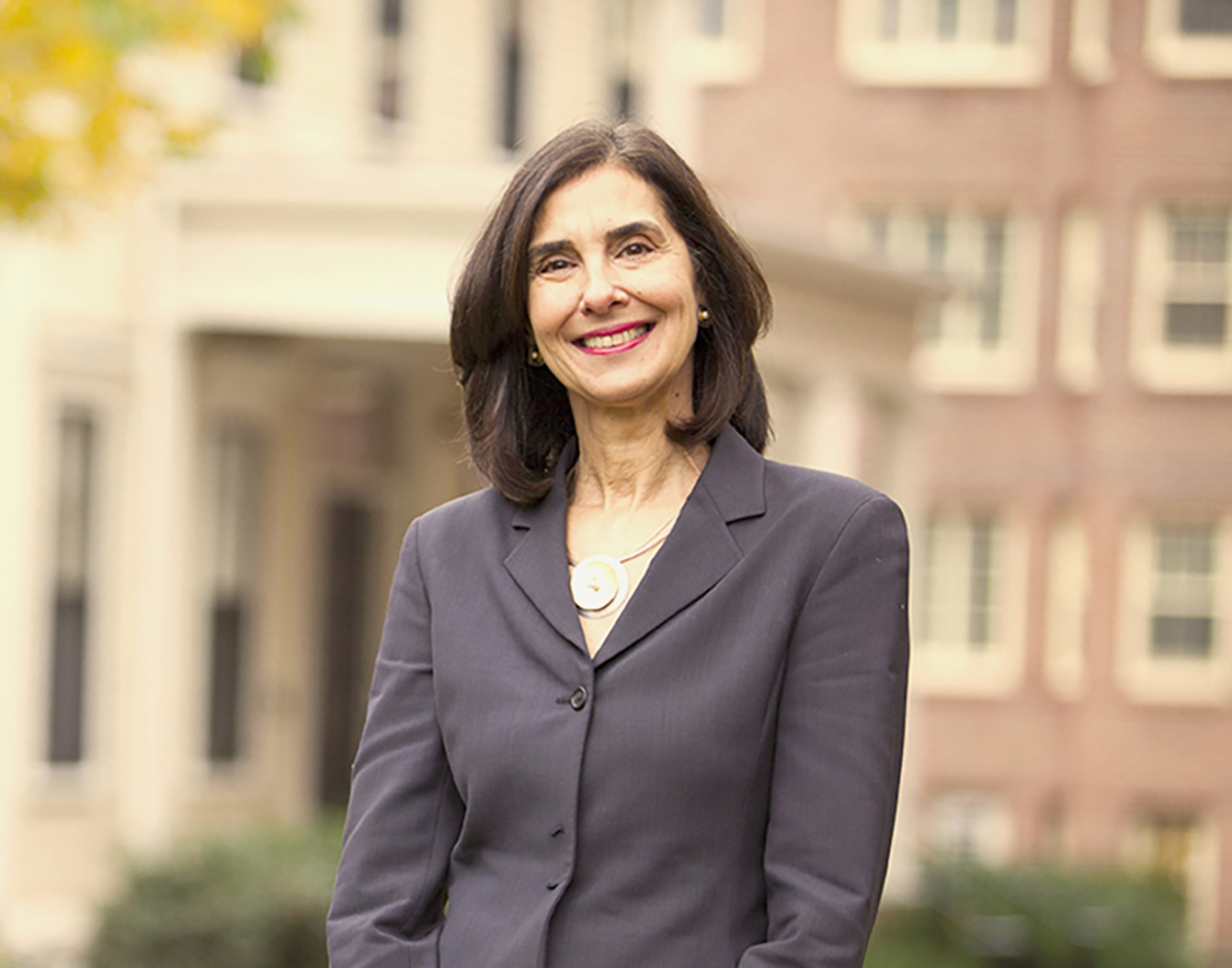Presented on May 6, 2016, by GC Public Programs at The Graduate Center in NYC.
In this HarvardX presentation, Martin Puchner explores how the concept of World Literature came into being, describing the conversations of Johann Wolfgang von Goethe and Peter Eckermann.
Family, friends, and colleagues gathered on campus on October 27, 2015 to hold a memorial service for Svetlana Boym, Curt Hugo Reisinger Professor of Slavic Languages and Literatures and of Comparative Literature.
Svetlana-Memorial-program-final






Founded as a graduate program in 1904 and joining with the undergraduate Literature Concentration in 2007, Harvard’s Department of Comparative Literature operates at the crossroads of multilingualism, literary study, and media history.
© 2023 President and Fellows of Harvard College
Sign up to receive news and information about upcoming events, exhibitions, and more